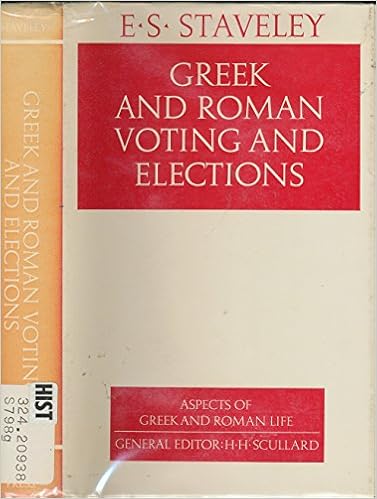This is the 5th post in a series on Barbara Goodwin’s classic work on sortition Justice by Lottery, University of Chicago Press, Chicago, 1992. Previously published parts: 1, 2, 3, 4.
 Sortition is hiring without human intervention using random rather than reasoned criteria. Weighted sortition, though, is a statistical narrowing down of randomly chosen job candidates to the more ready among workers available. In Barbara Goodwin’s words, they are “lotteries where some people get extra chances of winning according to their personal characteristics or qualifications.” More broadly, the chances of “winning” a position can be micro-managed to take in any number of other factors beyond qualifications, such as need and desert, both personal and social, both present and future.
Sortition is hiring without human intervention using random rather than reasoned criteria. Weighted sortition, though, is a statistical narrowing down of randomly chosen job candidates to the more ready among workers available. In Barbara Goodwin’s words, they are “lotteries where some people get extra chances of winning according to their personal characteristics or qualifications.” More broadly, the chances of “winning” a position can be micro-managed to take in any number of other factors beyond qualifications, such as need and desert, both personal and social, both present and future.
Goodwin’s “Justice by Lot” introduced to me the idea of weighted sortition. True, she dismisses it as “impure” compared to completely random sampling of the entire population, but the idea has intrigued me ever since I encountered it here. Admittedly, playing with percentages increases the complexity of choices, but complexity, in an age of supercomputers, data mining and artificial general intelligence (AGI), is not the obstacle it was even ten years ago. A weighted lottery allows for intriguing possibilities never imaginable before. It can factor into every hire whatever evidence-based social science deems well grounded, including experience, aptitude, personal choice and even broader social goals. The difficulty is that the advantages of sortition itself have to be clear to a broad proportion of the population before weighted sortition comes into play, as Goodwin points out,
Only by participation, which is a continuous process, would people acknowledge the authority of a social lottery [p. 71].
Filed under: Academia, Books, Sortition | Leave a comment »




 This is the first post in a series dealing with the book Justice by Lottery by Barbara Goodwin, University of Chicago Press, Chicago, 1992.
This is the first post in a series dealing with the book Justice by Lottery by Barbara Goodwin, University of Chicago Press, Chicago, 1992.
